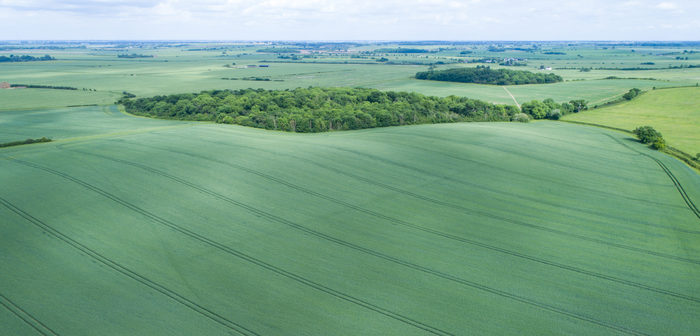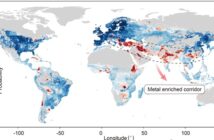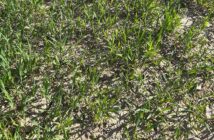Bayer has announced the European launch of its global Carbon Initiative. Five farmers from the UK and more than twenty others from across Europe will be working with Bayer to investigate how to decarbonise the food value chain.
The initiative brings together farmers and food value chain players to explore future reward structures for farmers implementing new carbon reduction practices and thus contributing to the Green Deal objectives of the European Commission. The new European Carbon Programme recognises the pivotal role growers, and their land, can play in helping to create lasting, positive environmental impacts and is an integral part of Bayer’s sustainability commitments specifically aimed at reducing field greenhouse gas (GHG) emission by 30% in 2030.
“Our Carbon Initiative actively contributes to the development of carbon farming activities in Europe by working directly with farmers in their role as primary producers and involving companies throughout the food value chain. This collaboration at a food value chain level will help decarbonise the European food system in a way that works for farmers, the environment and consumers,” said Lionnel Alexandre, Carbon Business Venture Lead for Europe, Middle East and Africa at Bayer Crop Science. “The main idea is to reward growers for adopting climate-smart farming practices like using cover crops, tillage reduction, crop rotations and precision nitrogen application. These activities sequester carbon in the soil while improving soil health, resilience and productivity as well as limit emissions.”
To support these operations, Bayer will develop a digital tool which will allow farmers to claim rewards based on accurate and verified data. It will be compliant with current data privacy standards and will bereliable and simple to operate for every farmer. This digital Monitoring, Reporting and Verification (MRV) solution builds on Bayer’s industry-leading digital farming platform Climate FieldViewTM.
The 27 participating farmers from seven countries are collectively contributing about 500 hectares of land from their farms based in France, Spain, Belgium, Denmark, Germany as well as Ukraine and the United Kingdom. Central to the European Carbon Programme is the practice of co-creation: farmers, Bayer and food value chain experts work together in a virtual carbon farming lab where they can jointly test activities and generate learnings. Discussions with several food processors and retailers are ongoing and expected to join the Carbon Initiative by the end of the year.
The programme is set to run for three years. Initially, the baseline of current in soil carbon content is measured. After which, farmers will implement climate smart farming practices like using cover crops and tillage reduction . This implementation of new practices will be continuously monitored and improved in the years to follow.
Farm manager Simon Beddows at Coppid Farming Enterprises near Reading was keen to join the project when he heard about it from Bayer. “We have to be open-minded about how we develop as a business. We want to diversify but continue to focus on our core activity of producing food.
“During the project, we want to learn if carbon sequestration can become a viable income stream and what implications that has for farm management.”
Mr Beddows also thinks it will help improve the image of farming down the food supply chain. “If we can show that we are locking carbon in the soil that will make a huge difference to how people perceive farming.”
The European launch of the initiative is part of the company’s Global Carbon Initiative which launched in the U.S. and Brazil in July 2020. Bayer is the first agriculture company to offer all the necessary technologies in terms of seeds and traits, crop protection and digital solutions, cost-efficient MRV and certification according to internationally recognised standards.
Alex Teillet, head of New Business Models at Bayer Crop Science for Europe, Middle East and Africa, summed up: “Our vision is that in the future, food retailers or food processors will be able to work with confidence on effective carbon reduction projects involving their partner farms from their specific supply chains. At the same time farmers, as primary producers of a stable and longer food value chain, shall be rewarded in a transparent and fair way – for their effective carbon reductions conducted through their farming practices everywhere in the world.”




